CultPlatForm_21 - Sustainability for the Future: Developing a Small Project Fund for the Danube Region
27-06-2019
As part of the Danube Culture Platform, the Baden-Württemberg Ministry of Science, Research and Arts has conducted a feasibility study on a future Danube Small Project Fund (DSPF). The vision is a fully implementable, region-wide funding structure based on public-private partnership. This model for a future Small Project Fund for the Danube region has been presented at the Final Conference in Regensburg.
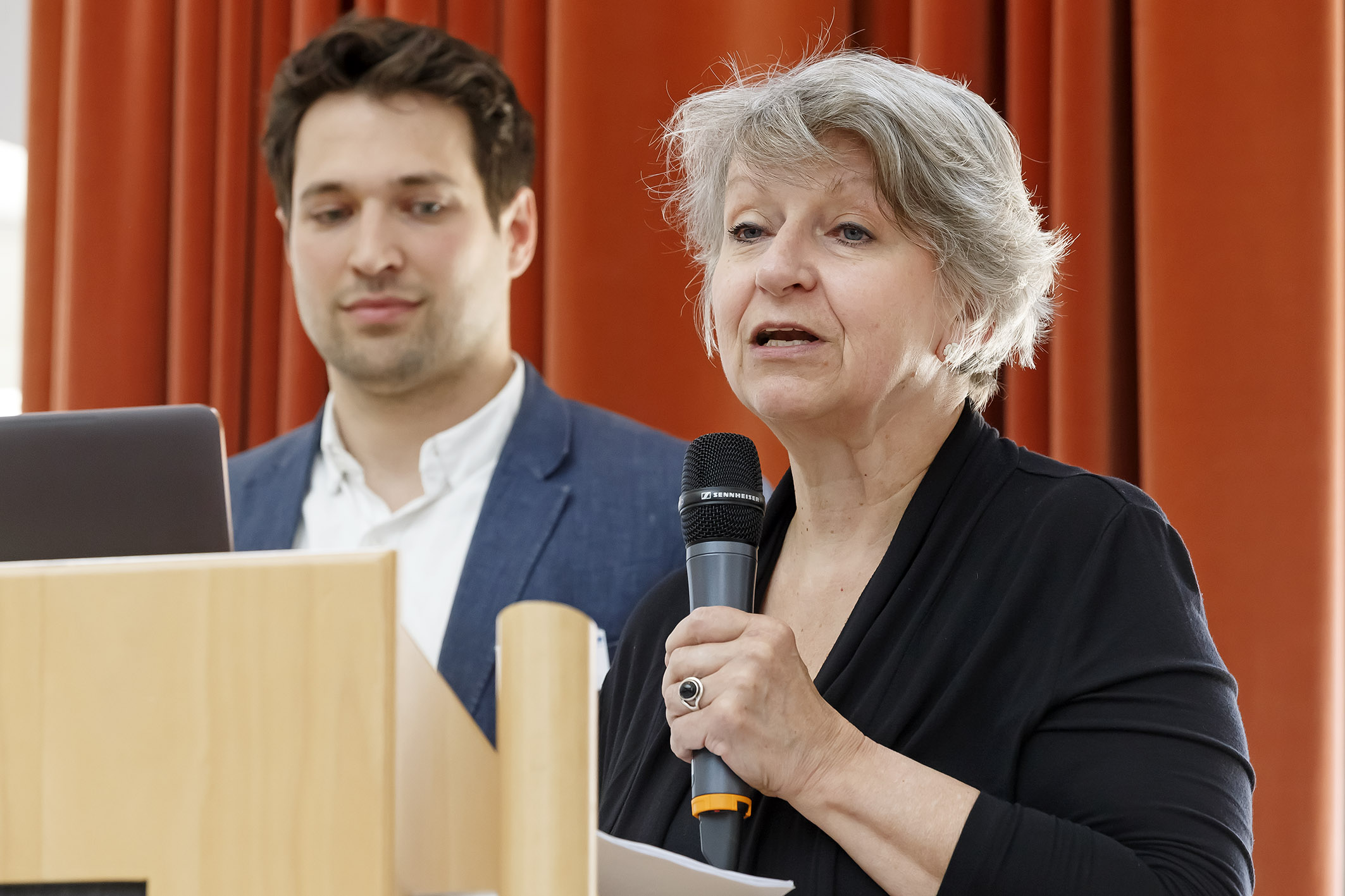
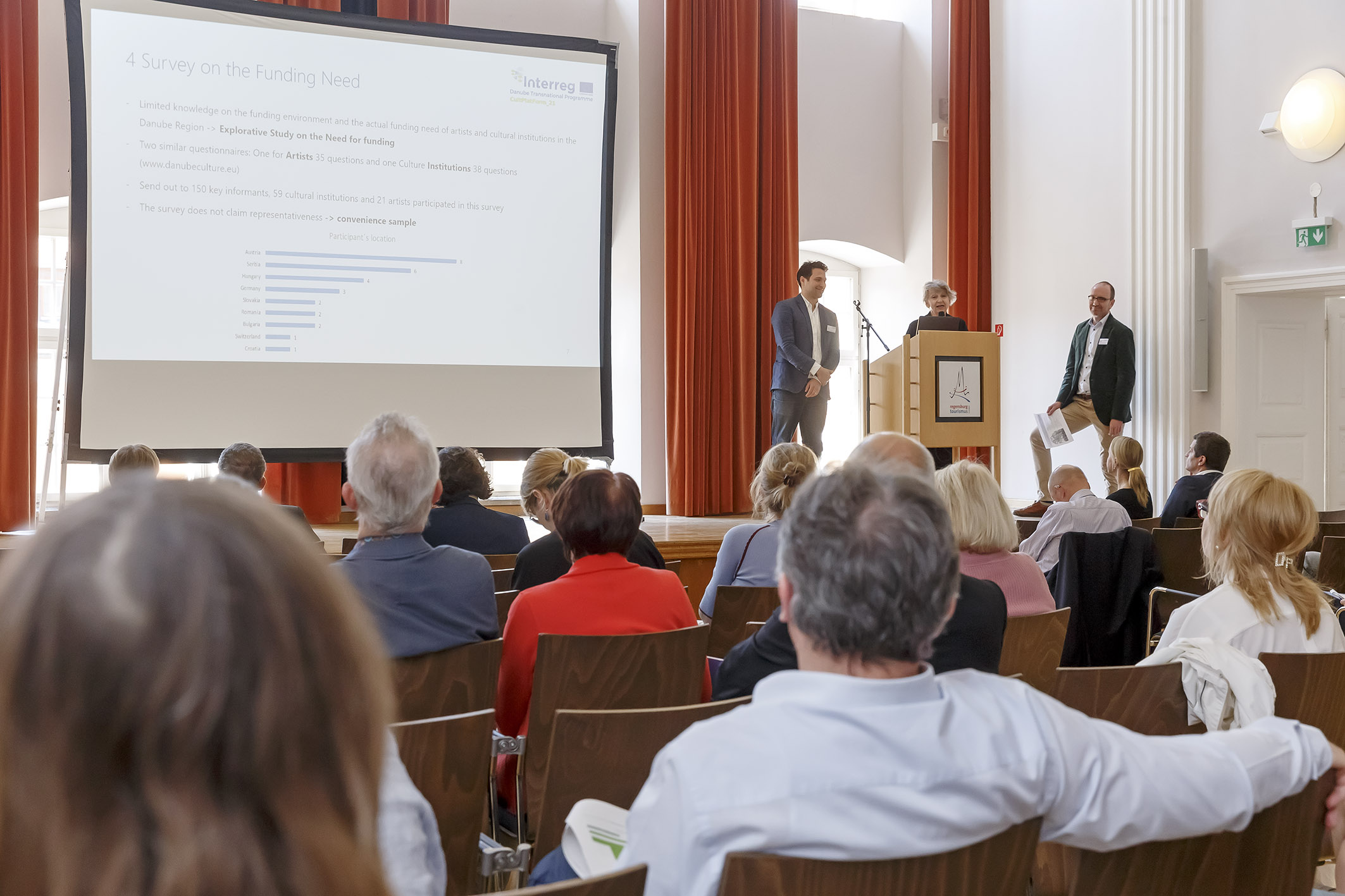
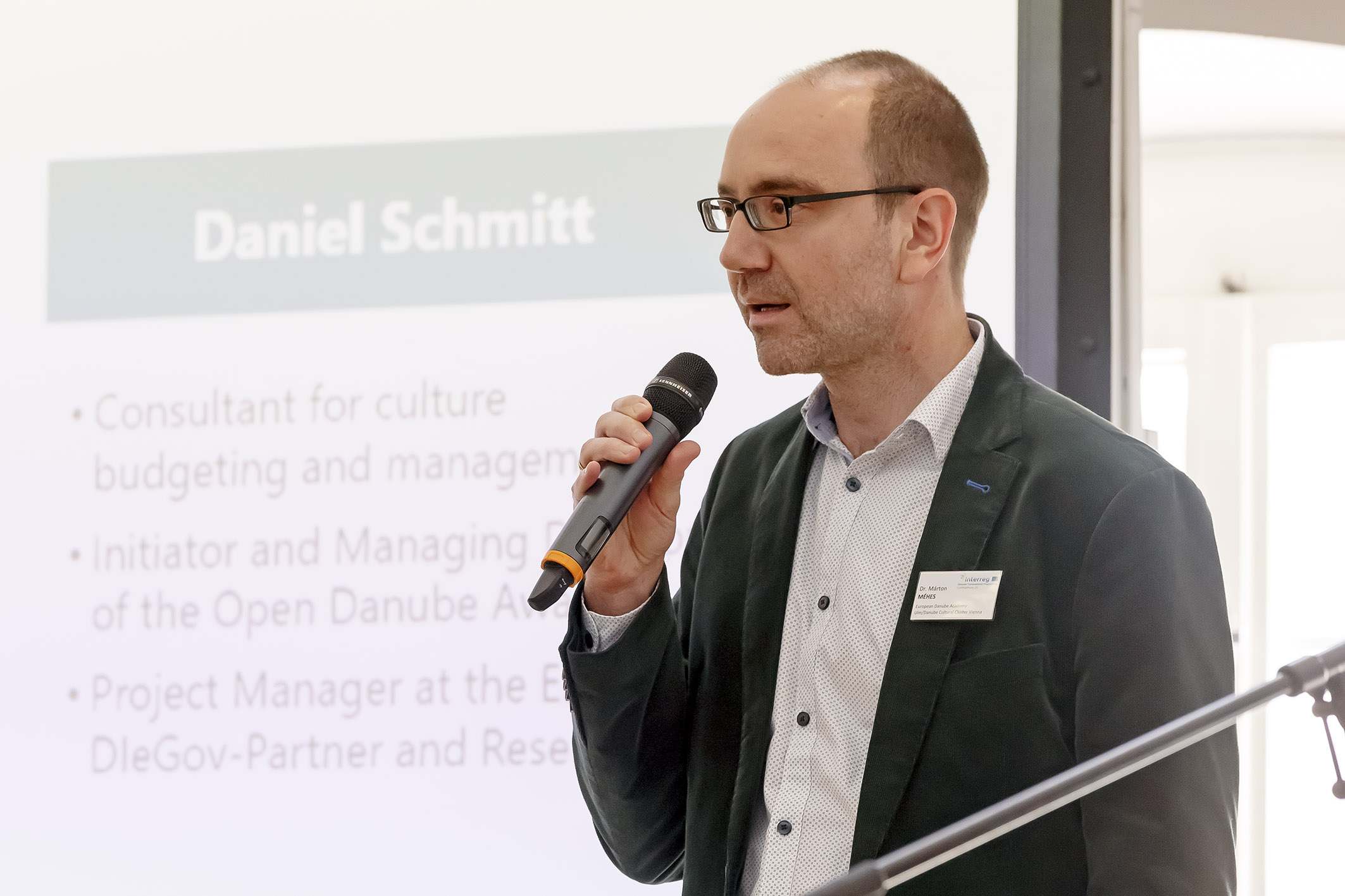
The study outlines the different dimensions of a potential DSPF for Culture. The notion of a Danube Region wide funding scheme for small culture projects has been discussed for many years in the framework of events of the EU Strategy for the Danube Region.
The study aims at investigating the needs, best practice cases and the various factors that determine the establishment of the fund. A key aspect of the study is the analysis of data from a key informant survey that was carried out in 2018 to determine the requirements and expectations of such funding. Hence, artists as well as experts and decision makers of cultural institutions from eight countries of the Danube Region provided their opinions through an online questionnaire.
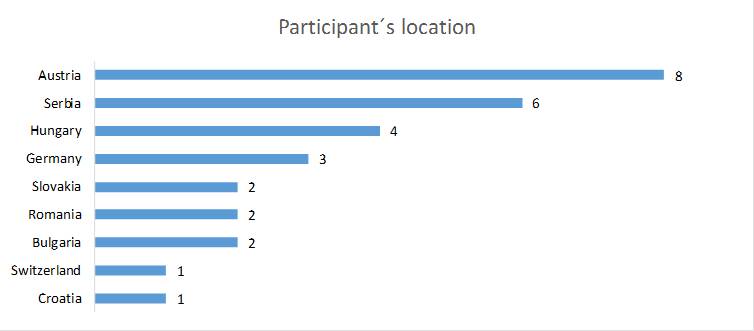
The findings helped to gain a better picture of the needs for funding of cultural actors, which is a key input for the further development of the DSPF to ensure a target oriented funding offer. The future implementation of this funding tool would fulfil the long-time requirement of artists and cultural actors to raise little amounts of money to start cooperation projects while radically reducing bureaucracy and further administrative obstacles (e.g. pre- and co-financing).
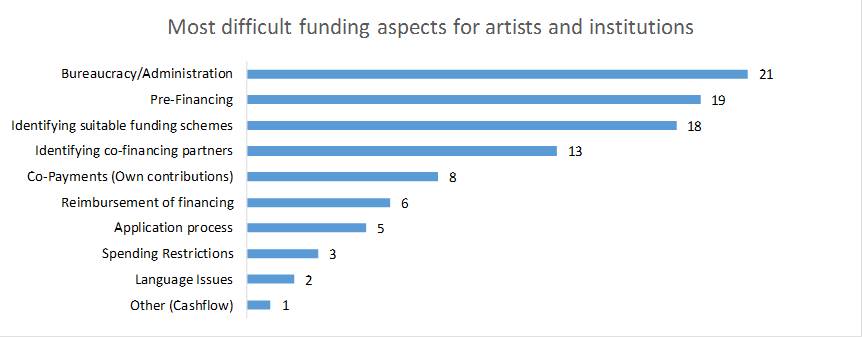
Moreover, a long list of relevant existing funding schemes and opportunities for artists and cultural institution is compiled to provide an overview of the funding landscape in the Danube Region (with several examples on EU, regional and national level as well as the private sector).
Considering the difficulty of internal funding of such a fund, the conceptual study also delivers a detailed case study of the international network TRADUKI, a renowned funding (and policy making) structure for the support of literature translation, residency programmes and transnational culture promotion. TRADUKI is a relevant best practice model for the future DSPF as it succeeded in attracting private and public funds among others publishers, literature agencies and national ministries of culture in the Danube Region. The case study offers valuable insights that are basis for the development of a fund of culture in the Danube Region.
Beside the conceptual background, the study features the Danube Region as a diverse area that brings about different languages, currencies and most importantly different jurisdiction. This complexity makes an area-wide funding scheme necessarily a complex mission. In this sense, the study outlines some of the key challenges and proposes potential solutions.
Finally, the study derives feasible options that depend on the targeted scope and financial endowment of the potential funding scheme: 1) The Foundation Set-Up; 2) Constant Pooling and Distribution; 3) The Project Based Relay Set-Up. This three options were also developed to present potential decision makers in the public and private sector closable options. Furthermore, the study outlines a draft course of action for the set-up of a funding scheme including respective timeframes and milestones.
As an immediate follow-up action, it would be highly desirable to design and implement a simple pilot call for small-scale projects in the Danube Region.
The project partners of the Danube Culture Platform consider the establishment of the DSPF as important aim for their joint future efforts. They are committed to continue the strategic development of this innovative transnational funding tool if all necessary conditions for the cooperation work are provided.
Please find the detailed study on a future Danube Small Project Fund (DSPF) here.
© City of Regensburg, photo: Stefan Effenhauser
